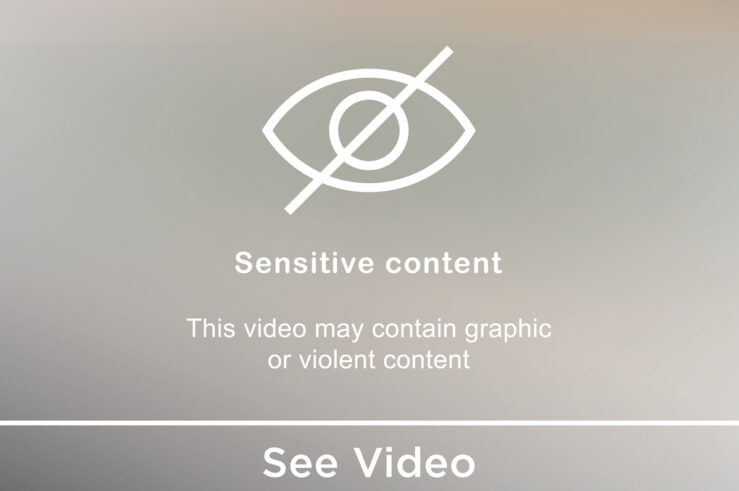
The Federal Trade Commission (FTC) announced late last month that it had “expanded its campaign against pharmaceutical manufacturers’ improper or inaccurate listing of patents in the Food and Drug Administration’s (FDA) Orange Book, disputing junk patent listings for diabetes, weight loss, asthma, and COPD drugs, including Novo Nordisk Inc.’s blockbuster weight-loss drug, Ozempic.” Warning letters were sent to 10 manufacturers, including, among others, Teva (identifying 58 listings), Novo Nordisk (36 listings), and Boehringer Ingelheim (10 listings).
The commission “notified the FDA that it disputes the accuracy or relevance of more than 300 Orange Book patent listings across 20 different brand name products.” That expands on the 100-plus patents listed in the November 2023 warning letters that the FTC sent to an overlapping group of manufacturers.
That’s quite a few challenges. Reading through the FTC’s press release and warning letters, it’s not really clear what’s going on here. More frolic and detour on the part of Chair Lina Khan’s FTC, or a legitimate effort to protect competition in pharmaceutical markets?
On the one hand, as the FTC notes in a September 2023 policy statement, bogus or “junk patent listings” can delay the entry of generic drugs and the price competition they offer; they can also reduce the incentive to develop new generic drugs in the first place. There’s a statutory mechanism to correct or delete inaccurate listings; and if the FTC’s challenge seems novel, there’s at least a U.S. Supreme Court decision recognizing the competitive harm that such listings can do. Specifically, the Court held that a would-be generic manufacturer can challenge a listing by a counterclaim if they are sued for patent infringement.
How it works is a bit complicated. Basically, the law commonly known as “Hatch-Waxman” (more formally, the Drug Price Competition and Patent Term Restoration Act) creates a complex of countervailing incentives for innovator firms to list their patents in the FDA’s Orange Book, and for generic firms to challenge them (and, then, for the innovators to sue the challengers for infringement). The system can be used constructively, but it can be gamed, as well.
On the other hand, we have a patent system for a reason. The development of new drugs is extraordinarily costly, and risky, and patent rights and other protections are supposed to provide adequate incentives for companies to take the required risks and make the required investments. We don’t want to impugn good patents or heap undue costs on firms that develop useful pharmaceuticals.
But, Wait, Does the FTC Grant or Invalidate Patents?
No, not really. The U.S. Patent and Trademark Office (PTO) is the only U.S. government agency that can grant a patent; although the courts can invalidate one. The FTC could launch investigations of the competitive effects of specific patent listings, as it has done before, and it could allege that specific listing conduct is an unfair method of competition (thus violating Section 5 of the FTC Act) or, say, monopolization (violating Section 2 of the Sherman Act).
The FTC says that it has “opted to use the FDA’s regulatory dispute process to address the improper listings,” and that it retains the right to take further action, “which may include investigating this conduct as an unfair method of competition under Section 5 of the FTC Act, 15 U.S.C. § 45.” That is to say, the FTC has not filed complaints alleging violations of the antitrust laws and, by implication, it has not conducted the sort of formal investigations that could lead to such complaints.
Then What Exactly Did the FTC Do?
The warning letters are not legal complaints and they don’t exactly allege anything. It’s not clear what sort of investigations, if any, preceded the warning letters, which are not signed by the commission and don’t seem to require a vote by the commission.
The letters say, for example, “that we believe certain patents have been improperly or inaccurately listed in the Orange Book … and that we have availed ourselves of the FDA’s regulatory process and submitted patent listing dispute communications to the FDA.” But they don’t explain what’s thought to be defective in each of the 300-plus listings. And if there wasn’t a vote, who is the “we”?
How Bad Are the Patent Listings?
Given no specific account of investigations or their findings, I have no idea. Does anyone?
The FTC does not have to launch a formal investigation to announce their beliefs. And, as it happens, they don’t really need to make out the details of a complaint if they are not filing a complaint. I had wondered how they determined that so many patent listings were junk listings, so I read some of the warning letters. And I continue to wonder. The warning letters list the patents that the FTC believes to be junk, but they don’t explain the basis of those beliefs. Which seems odd, at best.
Maybe they said more to the FDA? Beats me.




